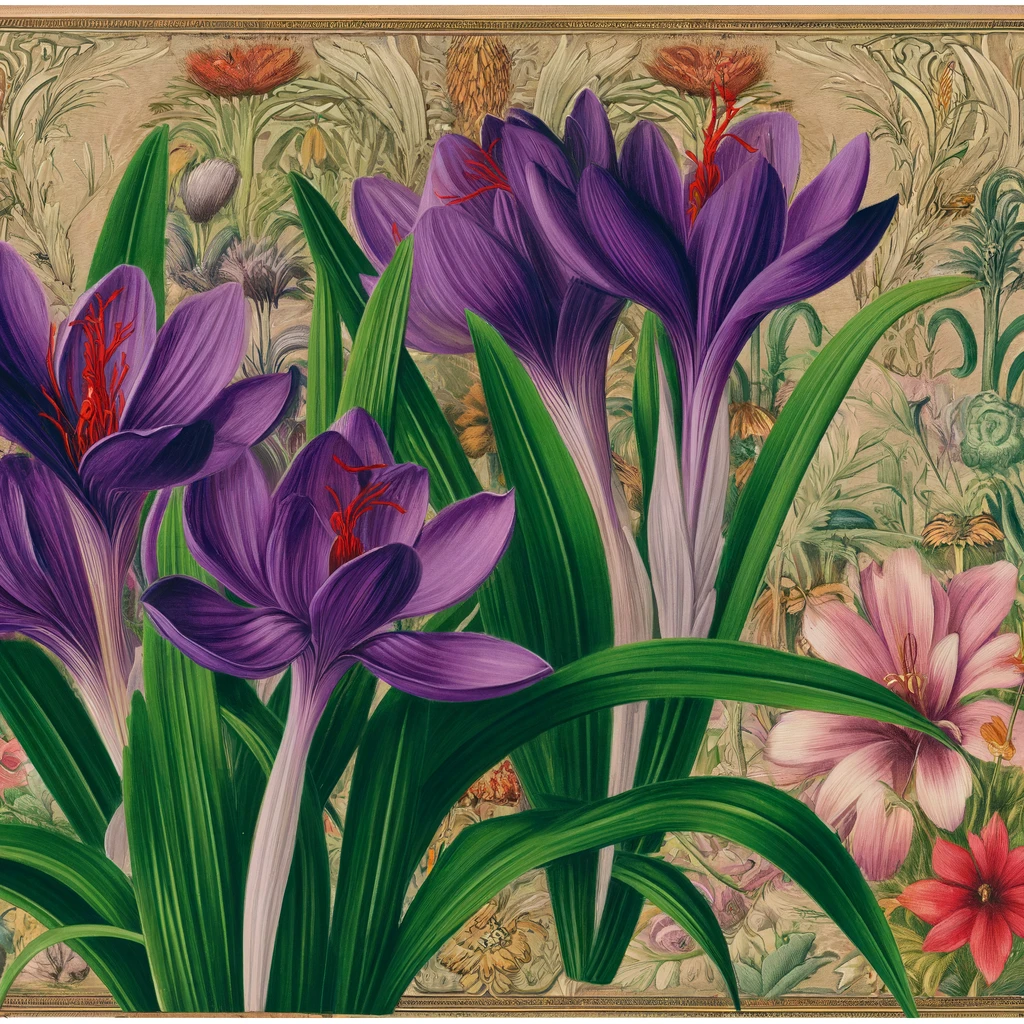Your basket is currently empty!
Does Saffron Have an Expiration Date?

Does Saffron Have an Expiration Date?
Saffron is renowned for its unique aroma, taste, and color. However, if the quality or durability of saffron diminishes, it can no longer be expected to deliver its special characteristics. Thus, it’s important to pay attention to the quality and shelf life of saffron. If you’re wondering whether saffron has an expiration date, join us as we explore this topic.
Saffron Expiration Date
All food products have an expiration date. Spices, including saffron, generally have a longer shelf life compared to other food seasonings like pastes and lemon juice. Although saffron has a long shelf life, it can be used for up to two years if stored properly. Storage conditions significantly affect the quality and shelf life of saffron. Improper storage may not change its appearance but can cause it to lose many of its properties quickly.
The Correct Way to Store Saffron
To ensure saffron maintains its properties over a long period, proper storage methods are essential:
- Use Appropriate Containers:
- Glass and Metal Containers: These are the best options for storing saffron. Metal containers are preferable as they prevent sunlight from reaching the saffron stigmas. If using glass containers, ensure they are kept away from sunlight or covered with foil.
- Choose the Right Storage Place:
- Dark Place: Saffron should be stored in a dark place. Select a location that is away from light and cool.
- Maintain the Right Temperature:
- Ideal Storage Temperature: Below 20°C (68°F) is ideal for saffron storage. Avoid storing saffron in the refrigerator, as removing it from the fridge can cause moisture loss and temperature changes, leading to issues like strands sticking together and mold growth. The refrigerator can only maintain saffron quality for up to two weeks, making it unsuitable for long-term storage.
By following these storage guidelines, you can ensure that saffron retains its unique aroma, taste, and color for up to two years. Proper storage is key to preserving the quality and longevity of this precious spice.
What Are the Side Effects of Using Saffron After the Expiration Date?
If saffron is stored beyond its usual shelf life, it will undoubtedly lose its original quality. While there isn’t sufficient reliable information on whether expired saffron can cause poisoning, it is better to avoid using it to ensure safety and quality.
Expiration of Brewed vs. Dry Saffron
- Brewed Saffron:
- Shelf Life: Brewed saffron has a very short shelf life and quickly loses its quality, coloring, and aroma.
- Consumption Recommendation: It is best to consume brewed saffron immediately or within a few days to enjoy its optimal quality. Generally, it is recommended to use brewed saffron within 2 to 3 days after preparation for the best taste and quality.
- Dry Saffron:
- Shelf Life: Dry saffron, when stored under proper conditions, can be used for up to 2 years. Proper storage includes keeping it in a dark, cool place away from moisture and light, ideally in metal containers.
By adhering to these guidelines, you can ensure that your saffron maintains its quality and is safe to use. Avoiding the use of expired saffron is recommended to prevent any potential adverse effects and to enjoy the best flavor and aroma that saffron has to offer.
